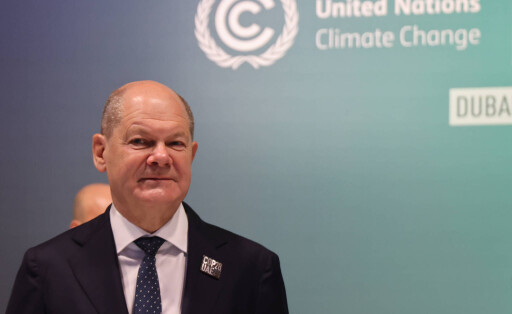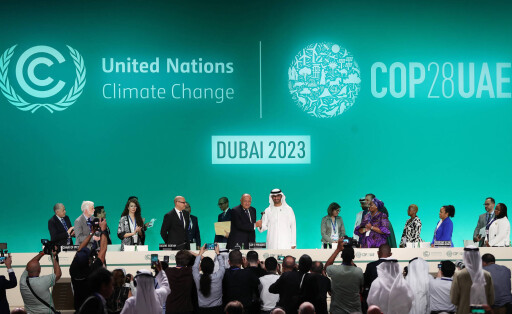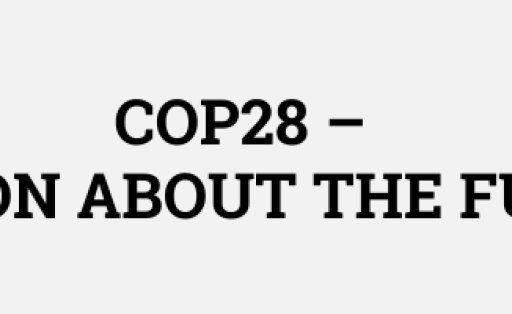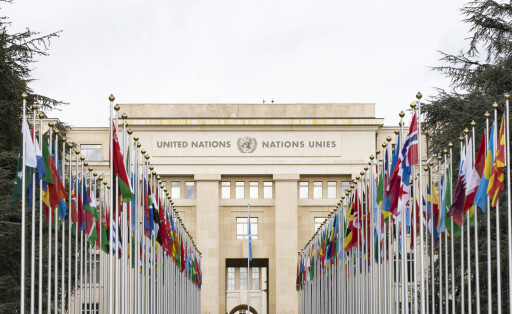COP28, the most important UN climate conference since the Paris Summit in 2015, is taking place in Dubai this year. For the first time, the 200 or so states of the UNFCCC framework convention are officially taking stock of their efforts and laying important foundations for future measures. The hosts, the United Arab Emirates (UAE), are expecting up to 70,000 visitors from all over the world to attend the meeting from November 30 to December 12.As we did a year ago at COP27 in Egypt, we will be there with a team of three. For the two weeks, Climate Table will switch from a weekly publication to a daily rhythm. Every day, we will produce a comprehensive briefing with news, analysis, background information and opinions on the negotiations. The topic of the climate crisis and geopolitics will also occupy the other Table editorial teams in all its facets during this time: Europe, China, Security, Research, ESG, Agrifood and Berlin Table will reflect on the topic of climate in particular.Who is coming? The meeting will begin with the "Climate Action Summit" of many heads of state and government. Acute geopolitical crises such as the war over Gaza and the Russian attack on Ukraine will dominate the atmosphere, as will tensions between the USA and China, global inflation and the debt crisis and the alarm signals of the climate crisis. Six German heads of department (foreign affairs, economy, development, environment, agriculture, health) and Chancellor Scholz have registered to attend. What is to be decided? Climate activists hope that COP28 will result in a decision on the global phase-out of fossil fuels. A 2030 expansion target for renewables and better energy efficiency are also on the agenda. The conference must also decide how exactly the fund for compensating climate damage in poor countries ("Loss and Damage") should be structured. Much will depend on whether the industrialized countries keep their promise of 100 billion dollars a year in climate aid. Time is of the essence: Global emissions would have to fall by around half by 2030; so far they are still rising. What is on the program? The COP offers thematic focuses every day, for example on energy, technology, species conservation, youth or indigenous peoples. For the first time, the focus will also be on health. For the first time, there will also be a special summit on climate action by cities and municipalities. Success or failure? The phase-out of fossil fuels, which would deprive large corporations and important countries of their business model in the long term, will be hotly contested. The CCS technology for capturing and storing CO2 is therefore being hotly contested as a way out. Equally decisive will be whether the industrialized countries can organize significantly more funding for climate aid and reduce their emissions faster than before. And above all, there is the question of whether the UN is still a forum for conflict resolution in times of conflict and the rise of authoritarian governments.
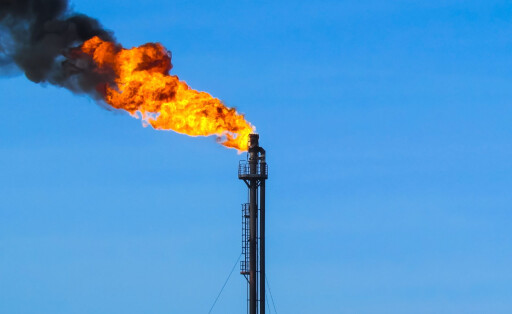
Methane: industry wants to reduce, Turkmenistan joins pledge, USA adopts stricter regulations
At COP28, progress is being made in the fight against methane emissions. The United States has adopted stricter regulation; Turkmenistan, one of the biggest polluters, joined the Global Methane Pledge. And COP President Al Jaber united dozens of companies in one initiative.
By Nico Beckert

